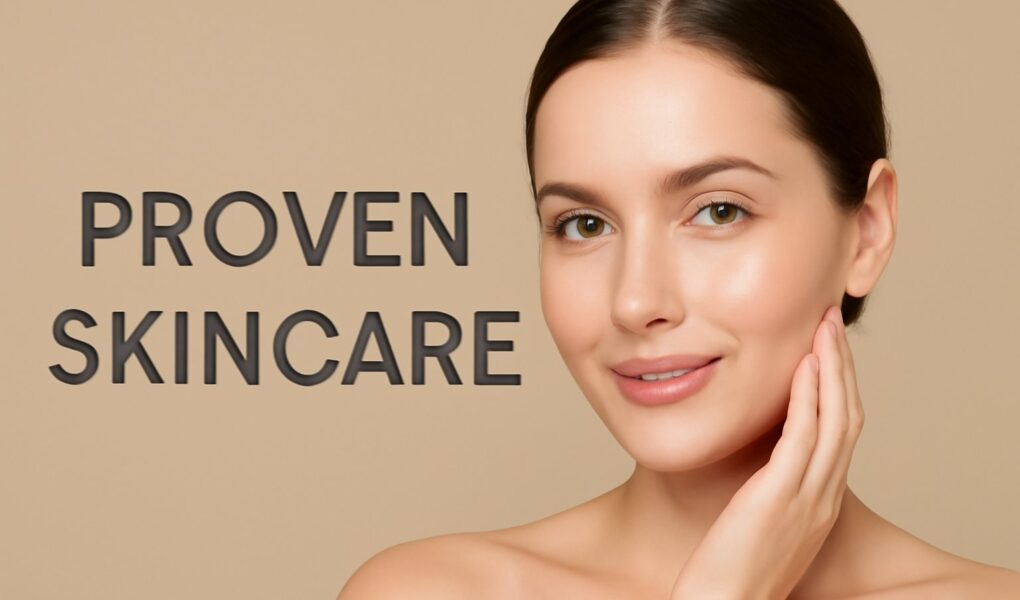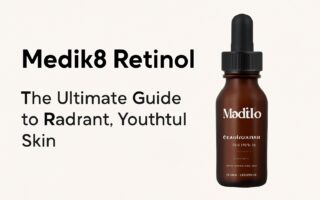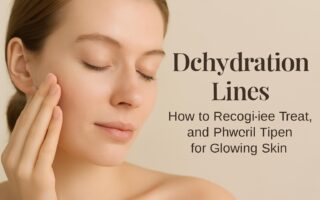In today’s world, everyone is on the quest for flawless skin, and the skincare industry has exploded with products, routines, and trends promising the perfect solution. But with so many choices, it can be overwhelming to determine what actually works. That’s where proven skincare comes in—skincare methods and products backed by scientific evidence and real-world results. If you’re tired of trial-and-error and want to invest in skincare that actually makes a difference, you’re in the right place.
In this article, we’ll explore proven skincare techniques, the importance of using the right products, and share expert tips to help you achieve radiant, healthy skin. From understanding skin types to the science behind effective ingredients, we’ll break it all down so you can make informed decisions about your skincare routine.
What Is Proven Skincare?
Proven skincare is about using products and practices that are backed by research, studies, and real user experiences. Unlike the latest viral skincare trend or celebrity-endorsed fads, proven skincare focuses on treatments and products that have shown measurable results. These are not quick fixes but long-term solutions that promote the health and beauty of your skin over time.
When we talk about “proven” skincare, we refer to methods that have undergone clinical trials or peer-reviewed studies to validate their efficacy. These include products formulated with active ingredients known to target specific skin concerns, as well as routines that address overall skin health.
The Science Behind Proven Skincare Ingredients
The effectiveness of skincare largely depends on the ingredients used. Below are some of the most researched and proven skincare ingredients that make a real difference in your skin’s health:
1. Retinoids: The Gold Standard for Anti-Aging
Retinoids, including retinol, tretinoin, and retinoid derivatives, are among the most scientifically backed anti-aging ingredients. They stimulate collagen production, help reduce fine lines and wrinkles, and encourage cell turnover. Clinical studies consistently show that retinoids improve skin texture and tone.
Tip: Start with a lower concentration and gradually increase usage to avoid irritation.
2. Vitamin C: A Powerful Antioxidant
Vitamin C is known for its ability to brighten skin and reduce the appearance of dark spots. This potent antioxidant fights free radicals and helps with the skin’s natural repair process. Proven skincare products with Vitamin C can significantly reduce pigmentation and protect against environmental damage.
Tip: Look for stable forms of Vitamin C like ascorbic acid or ascorbate in products for the best results.
3. Hyaluronic Acid: Hydration is Key
Hyaluronic acid is a powerhouse ingredient when it comes to hydration. It helps to attract moisture from the environment and locks it into the skin. Clinical studies show that hyaluronic acid can plump the skin, making it appear smoother and more youthful. This is especially beneficial for those with dry skin.
Tip: Apply hyaluronic acid on damp skin for maximum moisture retention.
4. Niacinamide: Skin Calming and Barrier Repair
Niacinamide (also known as Vitamin B3) is a versatile skincare ingredient with a host of benefits. It has been shown to reduce redness, even out skin tone, and strengthen the skin’s barrier. Niacinamide also helps to minimize pores and control oil production, making it ideal for both sensitive and acne-prone skin.
Tip: Look for niacinamide concentrations between 2-10% for optimal results without irritation.
5. Sunscreen: The Ultimate Skin Protector
While it’s not a new ingredient, sunscreen is perhaps the most critical step in any skincare routine. UV rays are one of the leading causes of premature aging and skin cancer. Proven sunscreen formulations protect against both UVA and UVB rays, helping to maintain skin’s health and prevent signs of aging.
Tip: Choose a broad-spectrum sunscreen with an SPF of 30 or higher for daily use.
How to Build a Proven Skincare Routine
Building a skincare routine based on proven ingredients doesn’t have to be complicated. Here’s a simple routine that targets hydration, protection, and anti-aging:
Morning Routine
- Cleanser: Start with a gentle, hydrating cleanser to remove dirt and oils without stripping the skin.
- Vitamin C Serum: Apply a Vitamin C serum to brighten the skin and protect against environmental stressors.
- Moisturizer: Use a moisturizer to lock in hydration and keep the skin soft and smooth.
- Sunscreen: Always finish with sunscreen to protect your skin from harmful UV rays.
Evening Routine
- Cleanser: Use a mild cleanser to wash away the day’s makeup and impurities.
- Retinoid or Treatment Serum: Apply a retinoid (or other treatment based on your skin concern) to promote cell turnover.
- Moisturizer: Hydrate and soothe the skin overnight with a rich moisturizer.
Proven Skincare Tips for Different Skin Types
For Oily Skin
If you have oily skin, look for products that balance oil production without clogging pores. Gel-based moisturizers and oil-free formulations are your best friends. Niacinamide can also help control oil production and reduce shine.
For Dry Skin
Dry skin thrives on hydration, so choose products packed with ingredients like hyaluronic acid and glycerin. Opt for a richer, emollient moisturizer to help restore moisture and prevent moisture loss throughout the day.
For Sensitive Skin
For sensitive skin, opt for products that are free from fragrances and harsh chemicals. Gentle cleansers, soothing ingredients like aloe vera, and niacinamide are excellent choices to calm irritation and redness.
For Acne-Prone Skin
Salicylic acid is a great ingredient for acne-prone skin as it helps to exfoliate and unclog pores. Retinoids can also be effective in reducing acne breakouts and preventing scarring. Make sure to avoid thick, comedogenic moisturizers that can clog pores.
The Role of Diet and Lifestyle in Skincare
While topical skincare is crucial, your diet and lifestyle also play a significant role in your skin’s appearance. Consuming a balanced diet rich in antioxidants (such as fruits and vegetables), staying hydrated, and getting enough sleep can support your skin’s natural processes.
Avoiding smoking, excessive alcohol consumption, and managing stress can also reduce the risk of skin concerns like acne, premature aging, and dullness. Remember, skincare is a holistic process, and a healthy lifestyle contributes to healthy skin.
Conclusion: Start Your Proven Skincare Journey Today
Achieving glowing, healthy skin doesn’t happen overnight, but with proven skincare methods, you can make visible improvements. From retinoids to Vitamin C and hyaluronic acid, incorporating these science-backed ingredients into your skincare routine will help you see results. And with a solid skincare routine in place, you’ll be able to confidently take on the day, knowing your skin is in the best possible hands.
Now, it’s time to take action! Start experimenting with proven skincare ingredients and see how your skin responds. Share your results with us in the comments—your glowing skin is just around the corner!
FAQs
1. What is the best proven skincare routine for beginners?
For beginners, start with a simple routine: a gentle cleanser, Vitamin C serum, moisturizer, and sunscreen in the morning; a gentle cleanser, treatment serum (like retinoid), and moisturizer at night. Gradually add more products based on your skin’s needs.
2. Can I use retinoids every day?
It’s best to start with using retinoids 2-3 times a week and gradually increase usage as your skin builds tolerance. Daily use might cause irritation if you’re not accustomed to it.
3. Does Vitamin C cause irritation?
Vitamin C is generally safe, but some people with sensitive skin may experience mild irritation. Start with a lower concentration (around 10%) and increase as your skin gets used to it.
4. What is the difference between hyaluronic acid and glycerin?
Both are humectants that attract moisture, but hyaluronic acid can hold more moisture due to its ability to attract 1000x its weight in water. Glycerin is also effective but doesn’t have the same water retention properties as hyaluronic acid.
5. How can I prevent wrinkles with skincare?
To prevent wrinkles, incorporate retinoids and antioxidants (like Vitamin C) into your routine, and always wear sunscreen to protect against UV damage. Regular hydration also keeps the skin plump and youthful.



